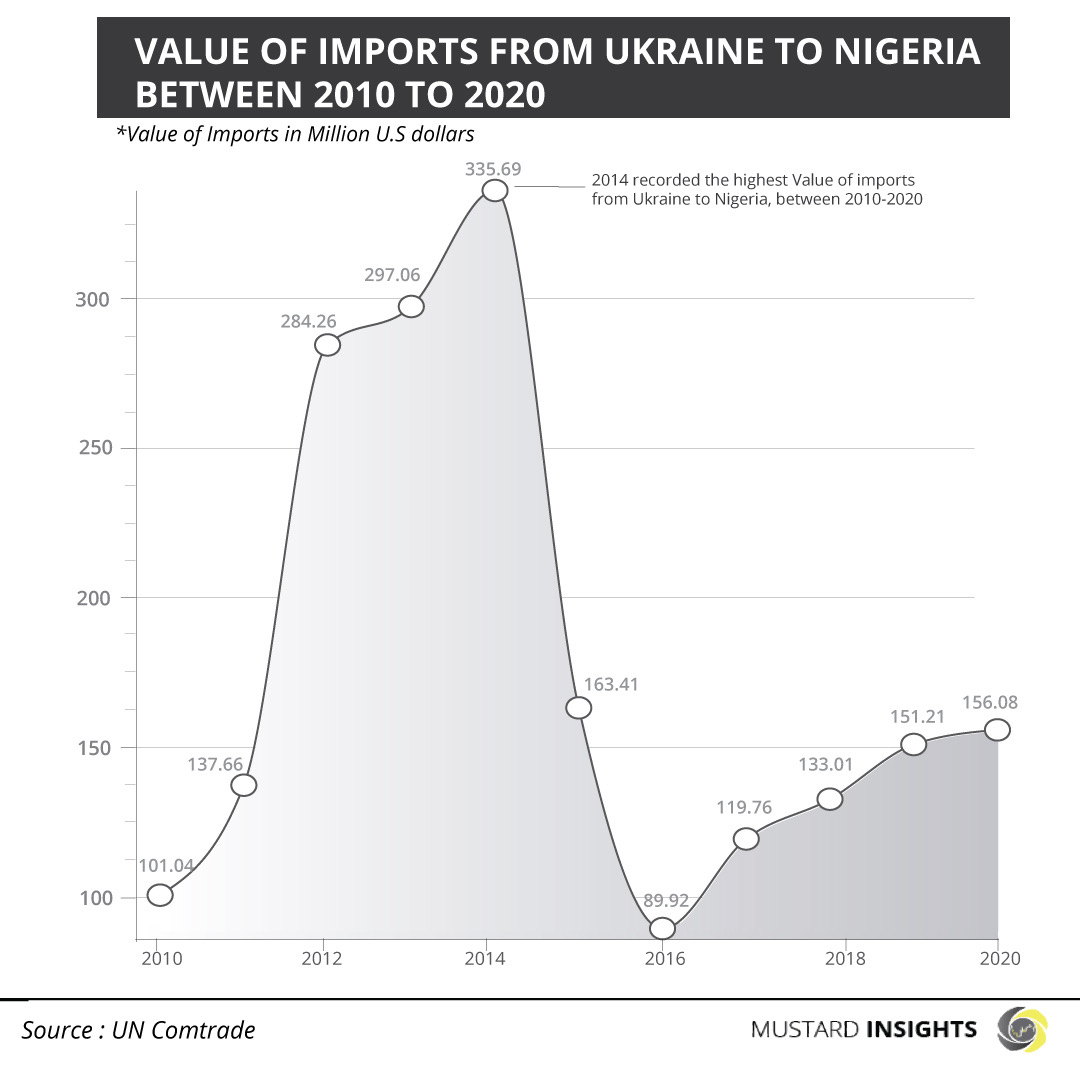International trade between countries allow individual nations expand their reach and have access to goods and services that may not be available domestically, due to limited supply and high demand. Hence, they have to import from countries that have it in abundance. Countries around the world trade with one another to meet the demands for commodities needed domestically, and Nigeria is no exception. Since no nation is completely self-sufficient, they can only strive to reduce their dependence on importation and possibly boost their exports to other countries.

International trade between countries allow individual nations expand their reach and have access to goods and services that may not be available domestically, due to limited supply and high demand. Hence, they have to import from countries that have it in abundance.
Countries around the world trade with one another to meet the demands for commodities needed domestically, and Nigeria is no exception. Since no nation is completely self-sufficient, they can only strive to reduce their dependence on importation and possibly boost their exports to other countries.
In 2010, Nigeria’s import from Ukraine was at about 101 million USD and increased to 138 million USD in 2011. Trade records between both countries in 2012 show that the value of imports had risen sharply from 138 million USD to about 284 million USD. Import from Ukraine continued increasing and reached its peak in 2014 with a value of over 335 million USD.
2015 and 2016 would record significant declines as importation levels dropped to 163 million USD and about 90 million USD respectively. Since then, imports from Ukraine have been on the rise again with both countries further strengthening their trade ties.
In 2020, Nigeria’s key imports from Ukraine were iron and steel (largest imported commodity) valued at 124.61 million USD, sugar and sugar confectionery valued at 8.19 million USD and pharmaceutical products valued at 7.64 million USD.
An overview of Nigeria's imports from Ukraine between 2011 and 2020 show that in addition to large imports of iron and steel, Nigeria has been heavily reliant on Ukraine's production of household commodities. These commodities are either in their finished form or become raw materials for Nigerian manufacturers to use in the prodiuction of finished goods for its consumers.
With Ukraine's economy currently at a standstill because of its ongoing conflict with Russia, this puts Nigeria and its economy at risk of a supply shortfall. It becomes imperative for Nigeria to seek alternative avenues to meet its demands at satisfying an ever-increasing population.
Thoughts?
We won't share your email address. All fields are required.
